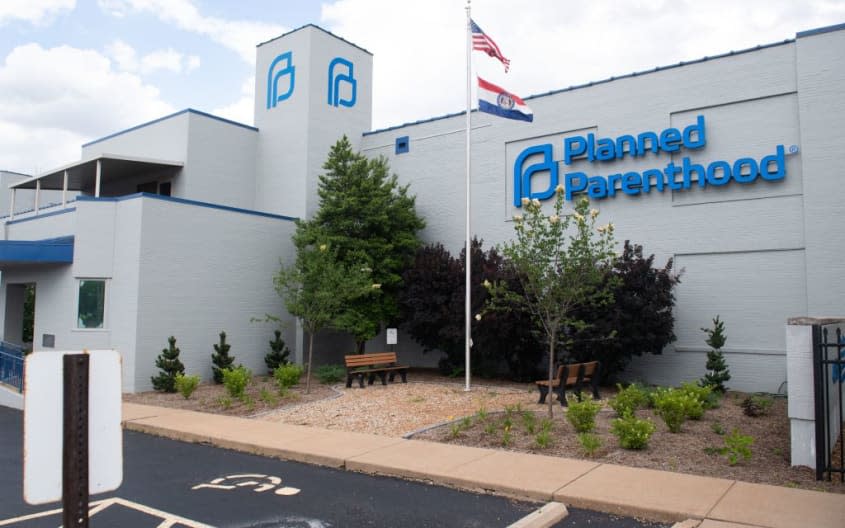How the fall of Roe v. Wade could change traveling for an abortion

The U.S. Supreme Court will hear a direct challenge to landmark ruling Roe v. Wade on Wednesday, this case regarding a Mississippi law that bans most abortions after 15 weeks of pregnancy.
So how might a decision overturning Roe affect the current landscape for abortion seekers and abortion rights advocates? For one thing, travel time for those in need of an abortion could increase dramatically.
Should protections under Roe v. Wade disappear, "the average American could have to travel around 125 miles to reach the nearest abortion provider, compared to the current average of 25 miles," Axios writes, according to the Myers Abortion Facility database.
What's more, Myers reports that "the percentage of people living over 200 miles away from a provider would increase from 1 percent to 29 percent," per Axios.
According to a complementary report from the Guttmacher Institute, individuals in southern and Midwestern states would have to travel hundreds of miles for abortion care, considering "12 states will immediately restrict abortion if Roe disappears, and others would be likely to impose significant new restrictions," reports Axios.
In Florida, for example, under a total abortion ban, the average one-way driving distance for those in need of an abortion would increase 6,803 percent to 575 miles. Currently, "people travel around 8 miles one-way to reach the closest provider," Axios writes. In Louisiana, residents would have to travel 666 miles one-way, as compared with a current approximate 37 miles.
And in large areas of the U.S., particularly in the center of the country, individuals with no options are already making a 250 to sometimes 350-mile drive to their nearest provider. Read more at Axios.
You may also like
Police reportedly seize hard drives from Marilyn Manson's home amid sexual assault probe
Tiger Woods opens up about 'tough' recovery after car accident: 'I'm lucky to be alive'

 Yahoo Finance
Yahoo Finance 